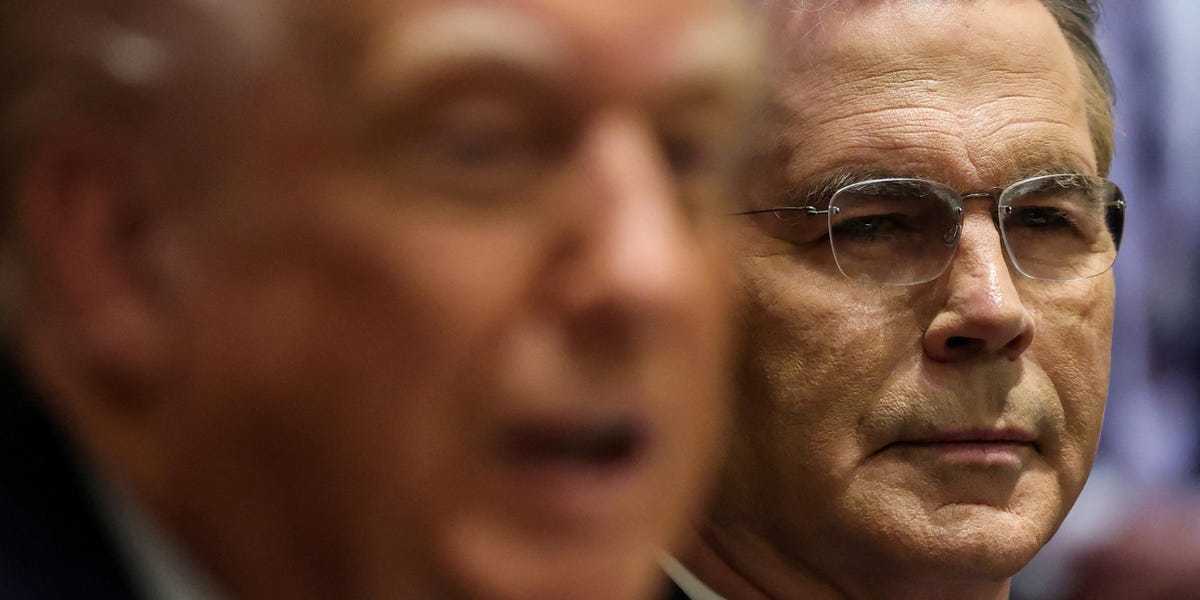Clock Ticking: Trump's Trade Ultimatum Looms as Tariff Truce Nears Expiration

As the 90-day trade truce ticks down, President Donald Trump faces mounting pressure to secure breakthrough trade agreements that could prevent another market-shaking tariff escalation. The high-stakes diplomatic challenge has investors and global markets watching closely, with the potential for significant economic repercussions hanging in the balance.
With the temporary ceasefire between the United States and China rapidly approaching its deadline, Trump must navigate complex negotiations to demonstrate progress and avoid reigniting the trade tensions that have already unsettled global financial markets. The clock is ticking, and the administration's ability to craft a comprehensive and mutually acceptable deal will be crucial in maintaining economic stability and preventing potential market volatility.
Stakeholders from Wall Street to Beijing are anxiously anticipating the outcome, knowing that the next few weeks could dramatically reshape international trade dynamics and set the tone for economic relations between the world's two largest economies. The pressure is mounting for Trump to deliver a strategic agreement that addresses key concerns while protecting American economic interests.
